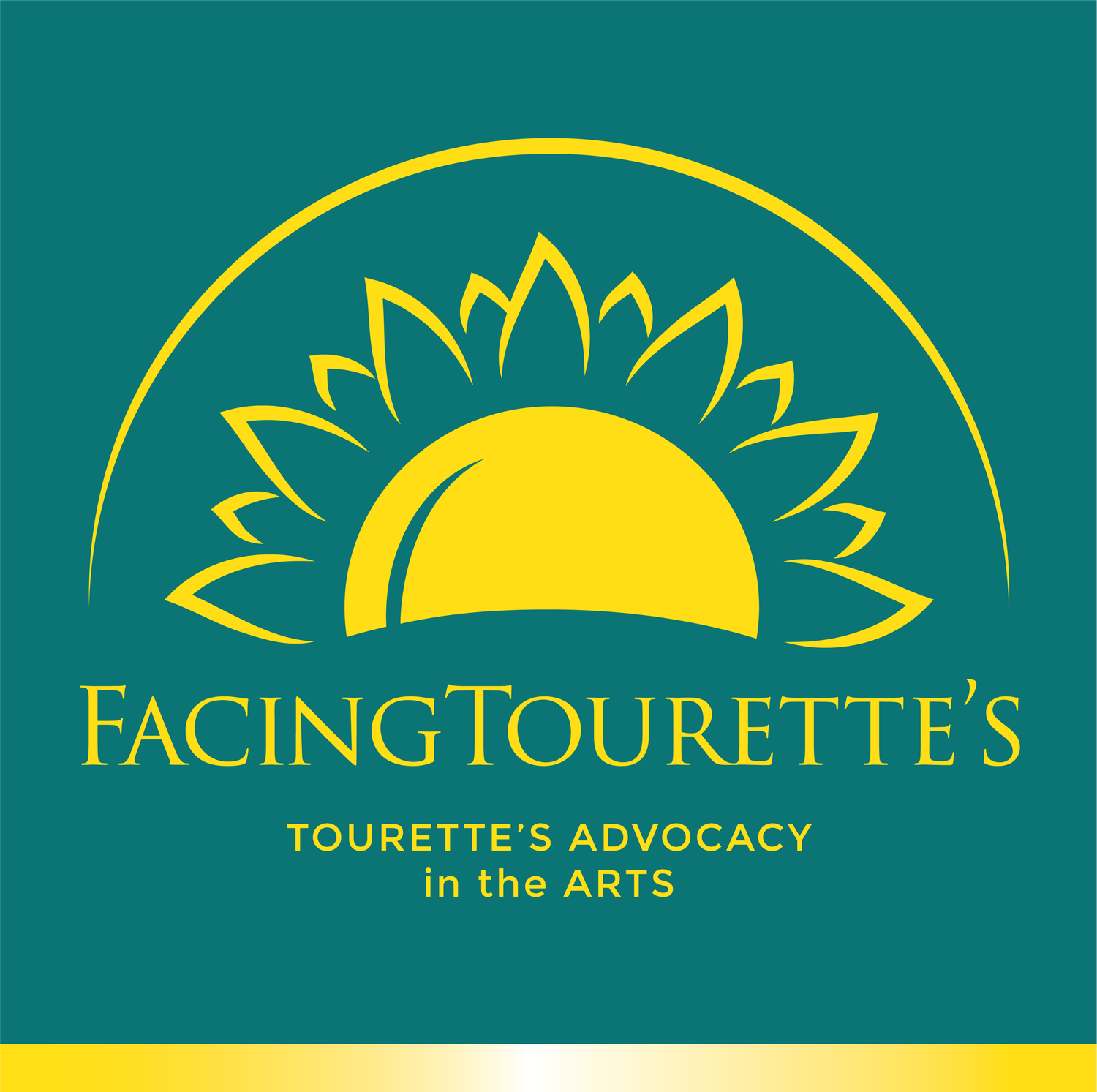My Story — 7.26.2025
For over 40 years, I lived with something I couldn’t name and didn’t fully understand. I’ve performed in eight countries, in over 25 states in the US and in dozens of musicals. I’ve sung for celebrity weddings, U.S. ambassadors and a presidential inauguration. All while living with an invisible disability that I didn’t even know I had, without any kind of support.
I knew something was happening that I couldn’t control. I never knew when it would strike. I would blink painfully hard, and crinkle my nose whenever anything slightly stressful or unexpected happened. It interrupted me in school, at work, in meetings, during performances and in my personal life. It caused physical discomfort and even pain. It is embarrassing to even talk about this for me, and even more embarrassing to have uncontrollably done these things in public for over 40 years.
I was desperate for an answer for a long time, and very few people were willing and able to help me. After 4 decades with no diagnosis, I was initially misdiagnosed with dystonia. I had to do Botox injections, which ultimately made things even worse. In the 4 decades of not knowing, we tried everything from holistic doctors to hypnotists to just resolving to grin and bear it. Finally, at the age of 55, after trying to get an answer for 43 years, I was diagnosed with Tourette Syndrome. Adults do not technically get diagnosed with TS; we get told that it was missed when we were children. From the Tourette Association of America website: “Tourette Syndrome is a neurodevelopmental disorder that affects children, adolescents and adults. The condition is characterized by sudden, involuntary movements and/or sounds called tics. Tics can range from mild/inconsequential to moderate and severe, and are disabling in some cases.”
My tics are comparatively moderate. They definitely are not inconsequential, but I have been fortunate enough to have a rich personal and professional life in the face of them.
I was diagnosed in May of 2024 and it took me some time to accept the diagnosis. The moment the doctor said what I had, it all made total sense, but the fear of alienation and the stigma against people with Tourette’s were paralyzing. I didn’t want to tell anyone I had Tourette’s, but now I feel like I need to.
I also want to acknowledge that part of the stigma I have been fighting against was my own internalized stigma. I had my own biases about TS that I needed to work through because when I was growing up, Tourette’s was just presented as cursing and outbursts. It was a joke and not something people took seriously. That was ingrained in me, and I am trying to reassess what I thought about Tourette’s my entire life now that I know I have Tourette’s. Between the things I saw on TV that made people with Tourette’s look unacceptable in society, and growing up in a household where other comorbidities that I have (ADHD, OCD and a yet-to-be-named learning difference) were belittled and ignored, I had to carve my own path forward.
People like Baylen and other celebrities like Billie Eilish and Lewis Capaldi are shining a light on TS, but even so, the misinformation and stigma continue. And that’s why I want to open up about my diagnosis. I think it’s really important that we don’t ignore the gifts we are given no matter what package they come in. I don’t know how many people in my life know that they know someone with Tourette’s, but now they know one of us.
The other reason that I am opening up about my diagnosis is to offer hope. I am not a medical professional; this blog is intended to speak only to my experiences and not to offer medical advice. I am a performer, an advocate, and a student of my own journey.
In this blog, I will share my experiences, what I’ve learned, and what I’m still learning. I will shine a light on the many invisible layers of Tourette’s, ADHD, OCD, learning differences, and neurodiversity.
My personal story will unfold in future posts. It will include stories from the stage, the classroom, and the doctor’s office, stories of resilience, shame, humor, and hope. I’ll share resources for others navigating these waters.
I invite you to subscribe, share, and be part of the conversation. I assure you that you’ll find honesty, vulnerability, and hopefully some comfort in my words.

